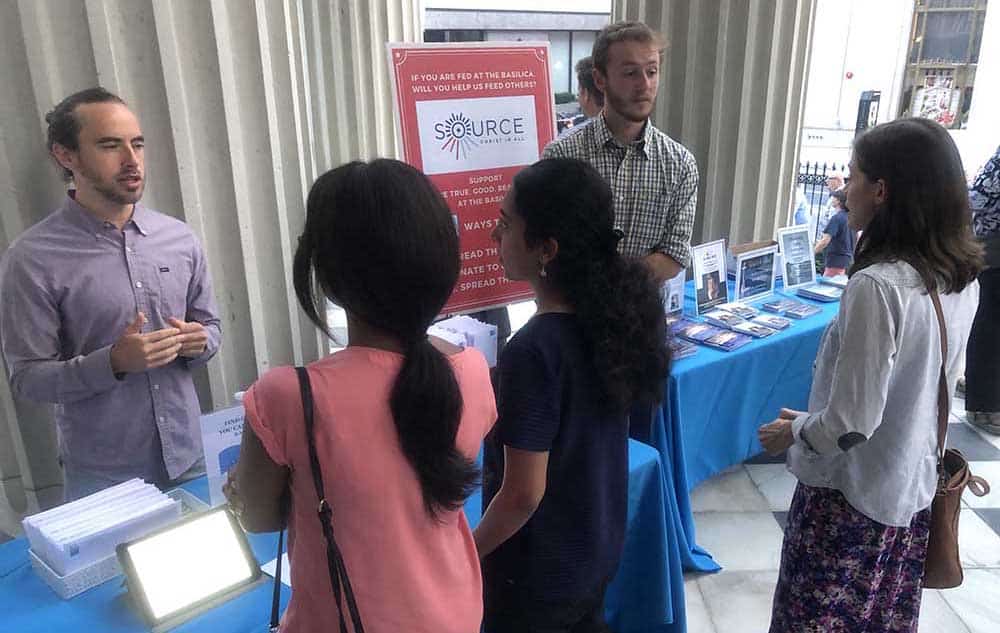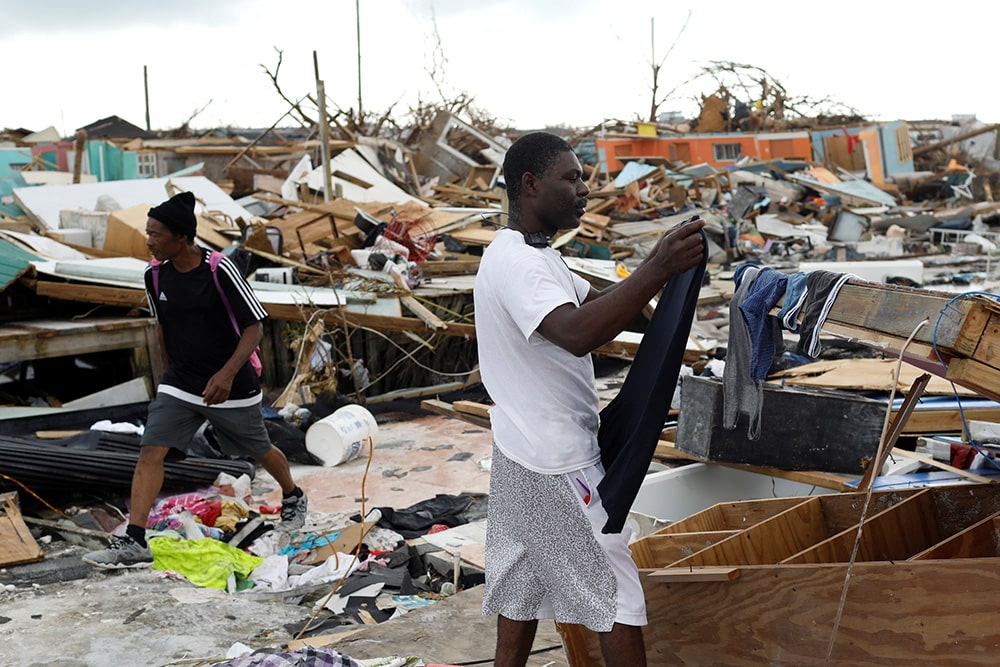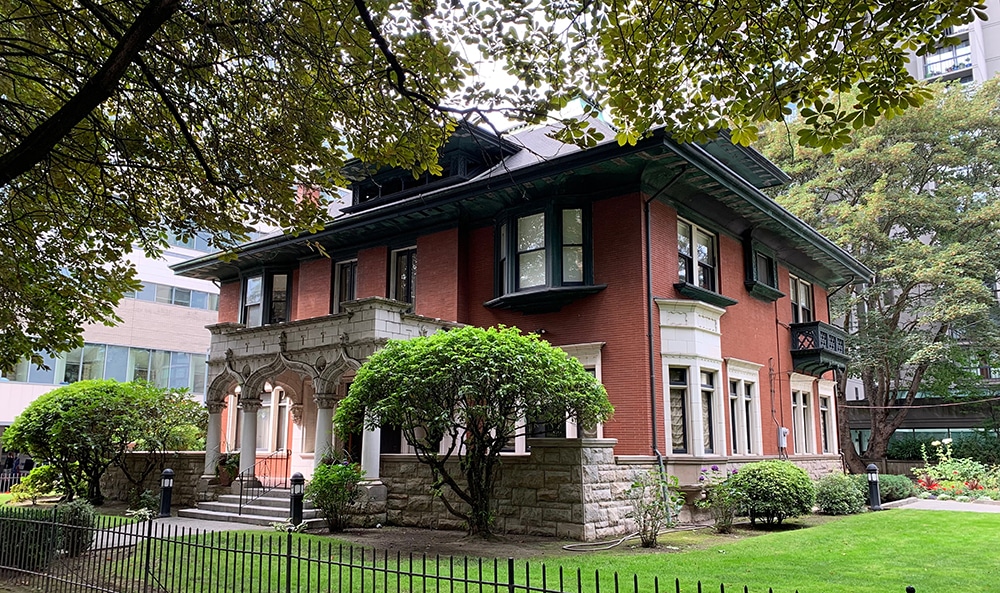About a week ago, people began receiving what appeared to be an email from their pastor, Father Royce Gregerson of Goshen, Indiana.
In the message, “Father Gregerson” asked his parishioners if they would be willing to drive to a local retail store to pick up a gift card for the priest’s niece. It was her birthday after all. The sender promised to pay them back.
A couple of problems: The store mentioned in the message was not in the area around Goshen, where Father Gregerson is pastor of St. John the Evangelist Church. Also, Father Gregerson never sent the email.
“I would never ask someone to buy iTunes gift cards for me,” said Father Gregerson, who told Our Sunday Visitor that several people called the parish office and directly spoke with him to verify if the email was legitimate.
“We had to put things out on social media and email our parishioners to alert them to what happened,” Father Gregerson said.
Across the country
This scenario has played out in many parishes across the country in recent months. Individual pastors, parish staff and diocesan communications offices have had to issue alerts about a scam where people receive “emergency” and “urgent” emails or text messages from someone pretending to be their pastor.
In these fraudulent messages, the con artists will usually ask the recipients to purchase Google Play or Apple iTunes gift cards from retail stores, where customers can buy them in amounts up to $500.
A review of dozens of alerts posted on parish and diocesan websites indicate that the scammers often request the recipients to then email or text proof of the stamped digital access code on the back of the cards. That allows the con artists to turn around and sell the cards online.
Similar schemes have been reported in dioceses in Florida, Indiana, Ohio, Texas, Maryland, Mississippi, Pennsylvania, New Jersey, Virginia and Nebraska, according to published reports. Some well-intentioned parishioners — nobody can say how many — have fallen victim and lost money on those purchases.
“This has been happening for a couple of years, on and off,” said Elena Doyle, an executive assistant and outreach coordinator at St. Mary of the Immaculate Conception Church in Fredericksburg, Virginia.
Doyle said a parish ministry leader receives a scam email at least every couple of months. The ministry leaders’ emails are on the parish website, so it appears that the scammers take those emails and send them a fake message from an email address that resembles that of the pastor’s.
“If you look closely at it, you would see it’s not his real email address,” Doyle said. “But people don’t really look that closely. They just see it’s an appeal for help.”
Cycle of scams
New reports of parishioners receiving the scam emails and text messages prompted the Archdiocese of Miami in late August to repost an April 2019 article, which emphasized that a pastor would never text or email his flock individually to ask them for money or a gift card.
“We’ll put out an alert. It’ll die down for maybe two or three months, then all of a sudden we’ll get another call from a parish about this,” said Mary Ross Agosta, the communications director for the Archdiocese of Miami.
Agosta told OSV that the cybercriminals have also used an auxiliary bishop’s name to disseminate the fake emails and text messages. She said the archdiocese regularly posts alerts about the scam while urging people to report it to the Federal Trade Commission and to look for any irregular expenses on their credit cards.
Some of the prevention, Agosta said, is rooted in common sense.
“A pastor would not text a parishioner and say, ‘Hey, can you buy me iTunes cards?'” said Agosta, though she added that the scammers look to exploit the giving nature of parishioners who are willing to help their pastor when asked.
“We always want to do what we’ve been taught to do is the right thing, but we need to proceed cautiously, slower and really think about it, and really double-check on the request by calling the parish,” Agosta said.
Several parishes posted on their websites that no priest or lay staff would ever send a text message or email to request gift cards or cash from individual parishioners. Actual fundraising appeals are sent through established communication channels such as a letter from the parish, as well as the parish bulletin, website or the pulpit.
St. Mary of the Immaculate Church in Fredericksburg posted a note a few months ago to tell parishioners that “no priest will ever text or email you out of the blue asking for loans or gift cards.”
“Thankfully, no one here has fallen victim to it yet,” Doyle said. “That’s the good news. People are getting a little more savvy to this. … (The scam artists) are not having success with us, so I don’t know why they keep bothering our people.”
Brian Fraga is a contributing editor for Our Sunday Visitor.







